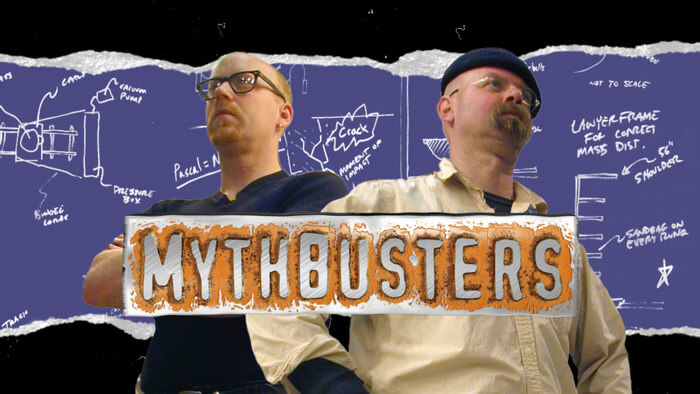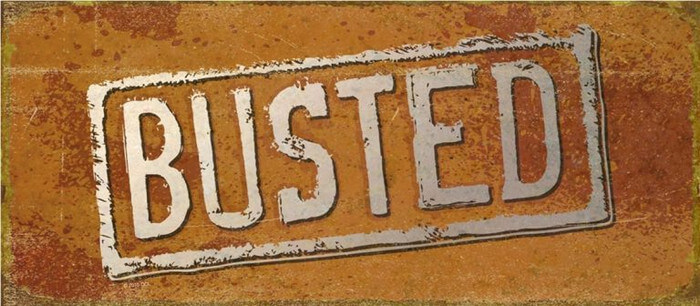
According to AdWords, people google “What is technical writing” up to 10.000 times per month! It means that a great many people either have no clue or feel unsure about what it really is. When human brain fails to interpret some situation or phenomenon, it tends to fill in the gaps in knowledge with any nonsense that first comes to mind. This is how popular myths and common misconceptions appear.
As long as many people have no idea about technical writing or about what technical writers really do human mind makes up some nonsense and people spread it out. In this post, we are going to bust some of the most popular beliefs and misconceptions about technical writing!
Myth #1: Technical Writers Do The Writing Only
Fact: Technical writing is only a small part of the job. Most of the time technical writers spend troubleshooting, providing usability feedback, formatting and updating existing content. They also deal with technical illustrations, which means they create visual aid such as tables, charts, drawings and other graphics.
Myth #2: Technical Writers Are Introverted
Fact: Actually technical writers are more communicative than programmers. In order to create clear and concise writing, they need to understand not only the product as a whole but also each and every part of it. That’s why technical writing demands constant collaboration. Technical writers need to keep in touch with people who know the product best: subject matter experts, team members, editors, illustrators, programmers. Therefore technical writing is about 80% communicating and about 20% is actual writing.
Myth #3: Technical Writers Don’t Need Technical Background
Fact: If you are going to start a career in technical writing, you don’t need a degree - you need appropriate skills, knowledge, and experience. Though technical experience gives you an advantage over the competitors on the market, you may have none and still get a job. On the other hand, there are many technical writing positions that require knowledge of programming languages and technologies. Good examples can be seen in the API Documentation niche. It is good to have deep understanding of the field you write about, so good technical background will make sure your documents have more weight and insight.
Myth #4: Technical Writers Lead Boring Lives

Portland WriteTheDocs conference in 2016
Fact: This is not true as long as many technical writers constantly grow and develop. There are lots of technical communication conferences and meetups, where they share their experience, connect with like-minded people and have fun. Also as long as technical writing encompasses a huge array of topics from web design to illustration to usability to XML to single sourcing, DITA, and of course just help authoring, these people are constantly mastering their skills and learning more about technology. This is really exciting!
Myth #5: Technical Writers Use MS Word Only
Fact: You might’ve had a good laugh at this myth because using MS Word for the purpose of technical writing in 2018 doesn’t sound professional. But throughout our more than 10-years careers in the field at ClickHelp we can say that many people use MS Word nowadays, but this is typically just the beginning of their technical writing project and certainly not the only tool for user documentation authoring.
Although the market of technical writing software expands and professional technical writing software evolves, there is no one-size-fits-all solution for online documentation authoring. When we launched ClickHelp back in 2010, we became a part of a new trend in this industry - moving to the cloud. Now ClickHelp holds the leading positions on the market. It offers 200+ features which include:
- Authoring in web browsers on Mac, Windows and Linux;
- Hosted authoring environment;
- Workflow and teamwork features;
- Single-sourcing;
- PDF export;
- Responsive HTML5 output;
- And many more.
More and more technical writers switch to more professional and flexible solutions from MS Word. So this myth is totally busted.

Myth #6: Technical Writers Don’t Participate in Product Development
Fact: Technical writers are among the first usability testers of the product so they do influence product development. Moreover, they contribute to the UX of the product.
Oh this is a good one! Software product development is not just code writing, it has a lot more things going on. Pretty often, before a single line of code is written, someone creates a technical task, functional requirements, UI mockups, user flow description. Technical writers contribute a lot to the creation of these types of documents. Moreover, when developer team gets a stable build that passes smoke tests, they give this build to technical writers so they can start working on user documentation. This way technical writers become the very first usability and functionality testers for the software product. As you can see, even without writing code, technical communication professionals influence software product development a lot, and may significantly improve end user experience by providing a timely feedback to the Dev Team.
Myth #7: Technical Writers Are Underpaid
Fact: Technical writing is one of the high paying jobs that no one wants to do. Programmers are more interested in product development and most writers want to write fiction that captures their imagination or public attention. Because the writing is both vitally important and dry enough, relatively few professional writers want to tackle it. But these jobs tend to pay pretty well. The average salary for a technical writer is $60–70K, which is pretty decent for a writing job.
Conclusion
In this post, we’ve busted 7 most popular misbeliefs about technical writing. Those myths might have you thinking that this writing niche is boring and provides no opportunities for growth, but it’s not true. Technical writing is not only a fascinating writing niche but also a rewarding job. We hope that we managed to change your mind about technical writing and made you think of starting a career in technical communication!
Good Luck with your technical writing career!
ClickHelp Team
Author, host and deliver documentation across platforms and devices